


Use the online catalog to do a subject search for books or to find out where a particular book or journal is located in the Library. If you need articles, you should search the article databases (see tab 2).
Books and journals are organized in the library by subject. Each item is assigned one or more subject headings and a unique call number. Subject headings are standardized terms from the Library of Congress. The call number is based on the Dewey Decimal Classification.
It’s true that you can find sources on a topic by doing keyword searches. But if you limit yourself to keyword searching, you are likely to miss important material on your topic that uses other terms. If you only need two or three books, you can probably find what you need by doing keyword searches, but if you are doing historical research, you can’t afford to miss critical material on your topic. For a comprehensive search on a historical topic, search with subject headings as well as keywords.
A good way to identify subject headings for a topic is to do a keyword search in the online catalog using terms you think describe the topic and try to identify a few relevant books. Look at the full record for those books to see what subject headings were used, then do another search on those headings.
As a rule of thumb, use fairly broad headings, as well as the specific ones that describe your topic, in order to make sure you haven't inadvertently eliminated relevant material that is contained within works of larger scope. Most likely you will find multiple headings to describe your topic, and you should use all of them. You can narrow your search in the online catalog by combining subject headings (as a phrase) with keywords, using the “Advanced Search” option.
United States--Church history
United States --Church history --20th century
Protestant churches --United States --History
Liberalism (Religion) --United States
Liberalism (Religion) --Protestant churches
Fundamentalism --United States
Evangelicalism --United States --History
Evangelicalism --United States --History --20th century
Evangelists --United States--Biography
Revivals --History.
Revivals --United States
African Americans --Religion
Pentacostals
Pentecostal churches --United States
Pentecostalism --United States
Millenialism
Religion and culture --United States
United States --Religious life and customs
Religion in the public schools --United States
Universities and colleges --United States --Religion
Christian education --United States
Radio in religion
Television in religiion
Popular culture --Religious aspects --Christianity
Religious broadcasting
Christianity and politics --United States
To search the online catalog, go to the Library Gateway and click on Library Catalog. The online catalog offers both “Quick Search” and “Advanced Search” options. Use “Advanced Search” to identify subject headings on your topic, to combine subject headings (or elements from subject headings) in a Boolean search, or to combine keywords from any part of the record with subject headings to narrow your search.
Use “Quick Search” to browse a subject heading, to search a title when you know exactly how it begins, to locate a work or works by a particular author, or to search by call number for a specific book.
In order to browse the shelves, you need to know the “Dewey number” for your topic. At the UIUC Library, we use the Dewey Decimal Classification to organize our collection of more than 10 million items. In Dewey, the first three numbers indicate the main subject, and additional numbers are added after a decimal point to narrow the subject. Books and journals on religious topics are usually classified in the 200s. 277.3 is a good place to begin browsing for general works on religion in America.
Once you have identified a few books on your topic by doing a subject search in the online catalog, you can browse the shelf under the same general number(s) to find related works. For example, if you know that the book, An Angel Directs the Storm: Apocalyptic Religion and American Empire, by Michael Northcott, has the call number 261.70973 N814a, you can go to the shelf in the History, Philosophy and Newspaper Library Library or the Main Bookstacks and look at other books with the same Dewey stem. However, depending on their focus, other books on this topic may be classified under other numbers, so you'll need to have a few call numbers in mind when you go to browse the shelves.
In addition to the 10 million+ printed books available to you here in the Library, we also have a rapidly growing collection of digitized books. Most of these collections support full-text searching.